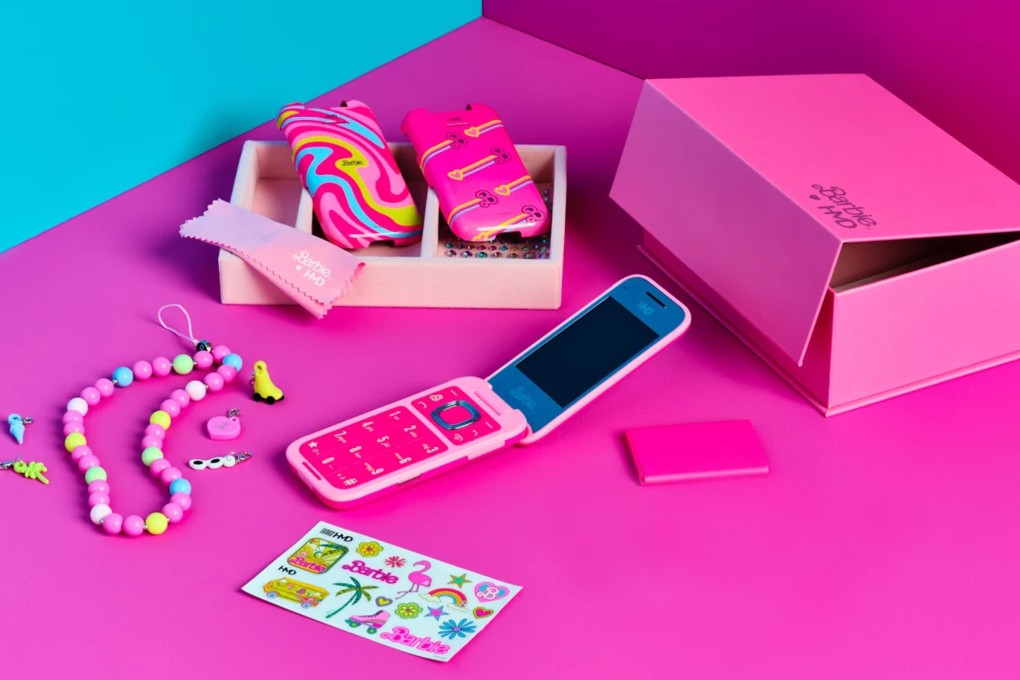Letters | Barbie phone not enough to dial down teen smartphone addiction
Readers discuss the launch of a new ‘dumbphone’, and how Hong Kong can improve sex education at school

The launch of the Barbie-branded phone, which coincides with the Barbie doll’s 65th birthday this year, has stirred considerable discussion on the role of technology in the lives of young people.
Marketed as a solution to the pervasive influence of smartphones, this device aims to provide a “digital detox” by offering limited functionality. With its eye-catching design, the “dumbphone” – a device with basic calling and texting capabilities – has sparked both interest and scepticism among parents, educators and technology experts alike.
Priced at £99 (US$129 in the United States), the phone is significantly more expensive than non-branded feature phones, raising questions about its value proposition. However, its branding and novelty may attract those looking for a fun, unique device rather than a fully functional smartphone.
Despite the potential benefits of reducing screen time, in my opinion merely providing a simpler device does not address the underlying issues related to digital literacy and healthy technology use. Experts stress the importance of teaching children how to navigate their digital environments effectively rather than just removing access to smartphones. They advocate building sustainable digital literacy skills that empower young people to use technology responsibly.
Schools are increasingly taking proactive measures to manage smartphone usage among students. Institutions like Eton College have introduced “brick” phones, which can only handle calls and texts, to help students balance the challenges and opportunities that technology brings.